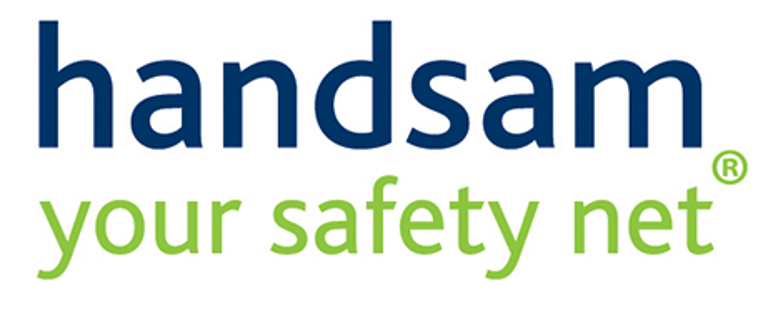
Academy Trust Handbook 2025: Key Changes and What They Mean for Trusts
The Department for Education (DfE) has published the 2025 Academy Trust Handbook, effective from 1 September 2025, introducing a series of important updates. These revisions focus on strengthening governance, enhancing financial oversight, improving strategic risk management, and supporting the DfE’s long-term aims around digital transformation and sustainability.
This article outlines the major changes compared to the 2024 edition and what academy trusts need to do to remain compliant and forward-thinking.
Digital and Technology Standards by 2030
Trusts must now work towards meeting six core DfE digital and technology standards by 2030, covering broadband, cybersecurity, network infrastructure, content filtering, wireless networks, and digital governance.
This supports national efforts to combat cybercrime and ensure that trusts, which handle sensitive pupil, staff, and financial data, are well-protected against threats such as ransomware.
Updated Estates Management Guidance
Strengthened guidance emphasises safe, sustainable, and well-maintained environments, including:
Strategic estate planning;
Health and safety compliance;
Ongoing condition monitoring; and
Energy efficiency and sustainability oversight.
Clarified Duties of Accounting Officers
The accounting officer's role has been clarified to include an explicit duty to raise concerns, reinforcing their accountability for trust operations and financial integrity.
Revised Internal Scrutiny Thresholds
Income thresholds that determine the level of internal scrutiny will now be based on a trust’s latest set of audited accounts, making oversight more accurate and proportionate to size.
Delegated Authorities and Risk Management
Broader Definition of ‘Repercussive’ Transactions
A transaction may now be classed as “repercussive” if its scale or nature could attract public scrutiny, influence sector-wide expectations, or affect other parts of government financially.
Trusts must document their assessments and seek DfE approval when necessary.
Ban on Paying Cyber Ransoms
Trusts are now explicitly prohibited from paying any form of cyber ransom. The DfE states that such payments:
Do not guarantee restoration of data or access;
May encourage future attacks; and
Could result in financial recovery actions if made.
Educational Performance Removed as a Basis for NtIs
Trusts will no longer receive Notices to Improve (NtIs) based solely on educational performance. Governance-related NtIs can still be issued for:
Poor board constitution;
Safeguarding failures; and
Unsafe or mismanaged estates.
DfE Fund Recovery Powers
The DfE now has the authority to recover public funds in any instance where fraud or financial irregularity is identified.
Encouragement to Develop Climate Action Plans
While not yet mandatory, trusts are strongly encouraged to:
Appoint a sustainability lead; and
Develop a climate action plan by the end of 2025.
This aligns with the DfE’s vision to embed sustainability across the education sector. Early adoption may offer strategic, reputational, and operational benefits as climate action becomes increasingly central to national policy.
Conclusion
The 2025 Academy Trust Handbook builds on the 2024 framework with clearer expectations, stronger regulatory and financial controls, and a future-facing emphasis on digital resilience and environmental leadership.
Trusts are expected not only to comply with these changes, but also to use the handbook as a strategic tool for ongoing improvement. These updates reflect the DfE’s evolving priorities in ensuring trusts are:
Well-governed;
Financially sound;
Secure from digital threats;
Proactive on climate action; and
Aligned with best practice across the public sector.


Expanded Procurement Requirements
New guidance places stronger emphasis on:
Achieving value for money in all procurement activities;
Using DfE-approved procurement tools;
Ensuring compliance with public procurement regulations;
Maintaining board oversight and delegation; and
Trusts must also implement robust controls to manage conflicts of interest and prevent fraud.
Executive Pay Must Be Justifiable
Trust boards must now ensure that decisions about CEO and executive pay are:
Transparent;
Proportionate; and
Defensible.
Pay decisions must be documented, clearly rationalised, and open to challenge. The DfE has highlighted that these decisions should never be rubber-stamped without scrutiny.


Office 27, East Moons Moat Business Centre
Oxleasow Rd, Redditch B98 0RE
Phone: 0333 207 0737


